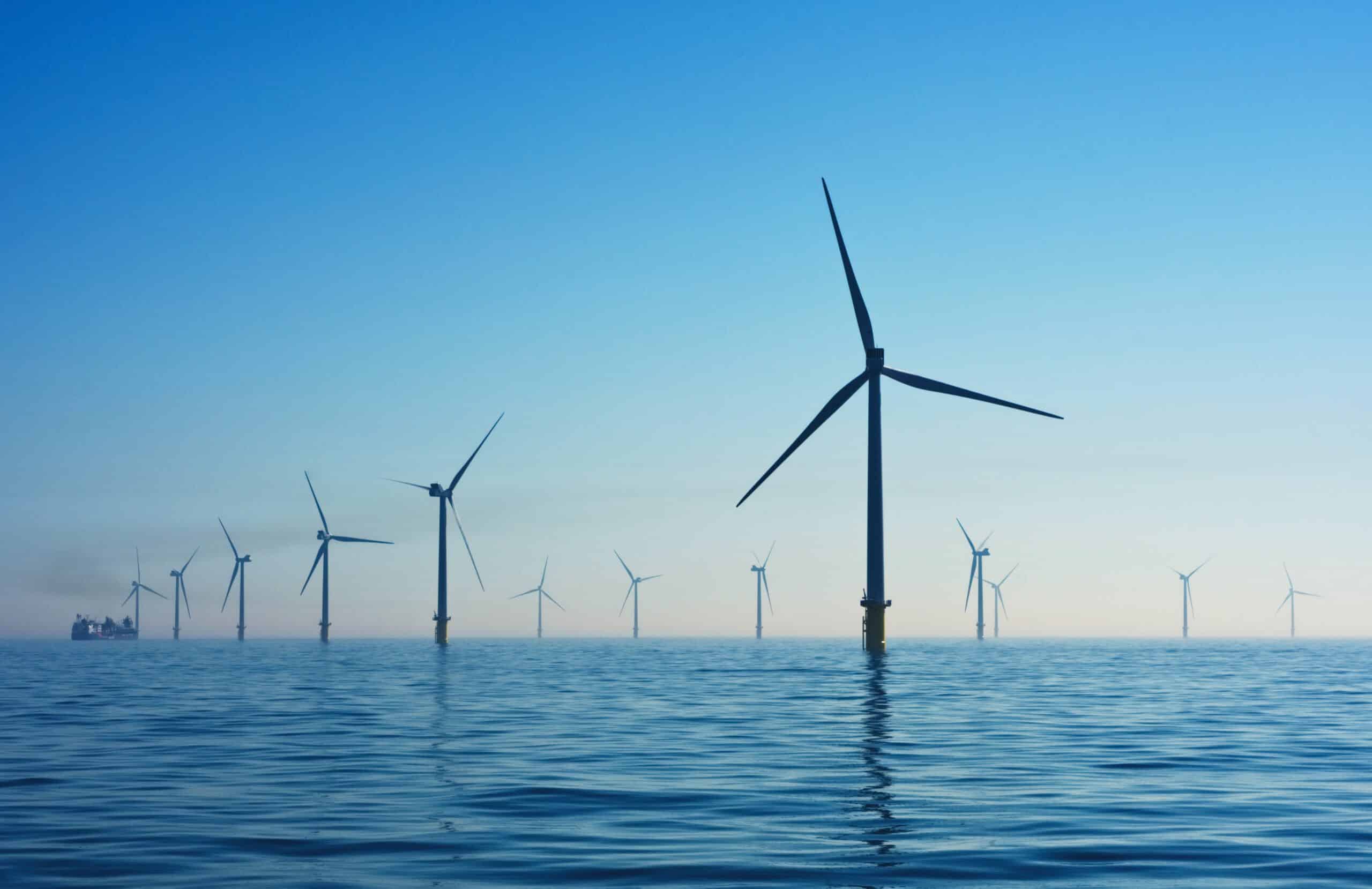The interdependencies of water and energy for job creation, health and economic growth are as clear as day, even to those who don’t work in the respective sectors. The interconnected fundamental systems, water and energy, face plenteous threats, one of which is climate change, which is expected to exasperate water and energy poverty.
Water is consumed in all areas of energy production and power generation. Energy is required to extract, distribute and deliver water and to treat wastewaters before discharging them back into the environment. Electricity supply options for sustainable development and climate change mitigation, encompasses a variety of activities to reduce greenhouse gas emissions that have an impact on scarce water resources, which.
Water resources are coming under increasing pressure due to population growth and shifting weather patterns in semi-arid South Africa. Major metros can benefit the most from the development and enormous investment potential in water security, such as desalination plants in the major cities. Biogas, solar photovoltaics, energy efficiency and operational improvements to existing power sources can reduce water demand, but does not eliminate the need for more water than can be supplied.
Tensions between communities for energy and water occur when the demand for power is high and water supply levels are low. There are several provinces in the country, especially disadvantaged ones, such as the Eastern Cape, where the convergence of energy and water is always strained due to population growth and urbanization.
MEB’s approach to mitigation can include all manners of strategies to reduce the adverse impacts on water supply and water quality. Our advanced technology-specific solutions include plans to increase the use of renewable energy such as solar, zero- or low-emissions transportation options, and energy efficient technology and designs. Let’s have a chat about our groundbreaking energy efficient water solutions.

